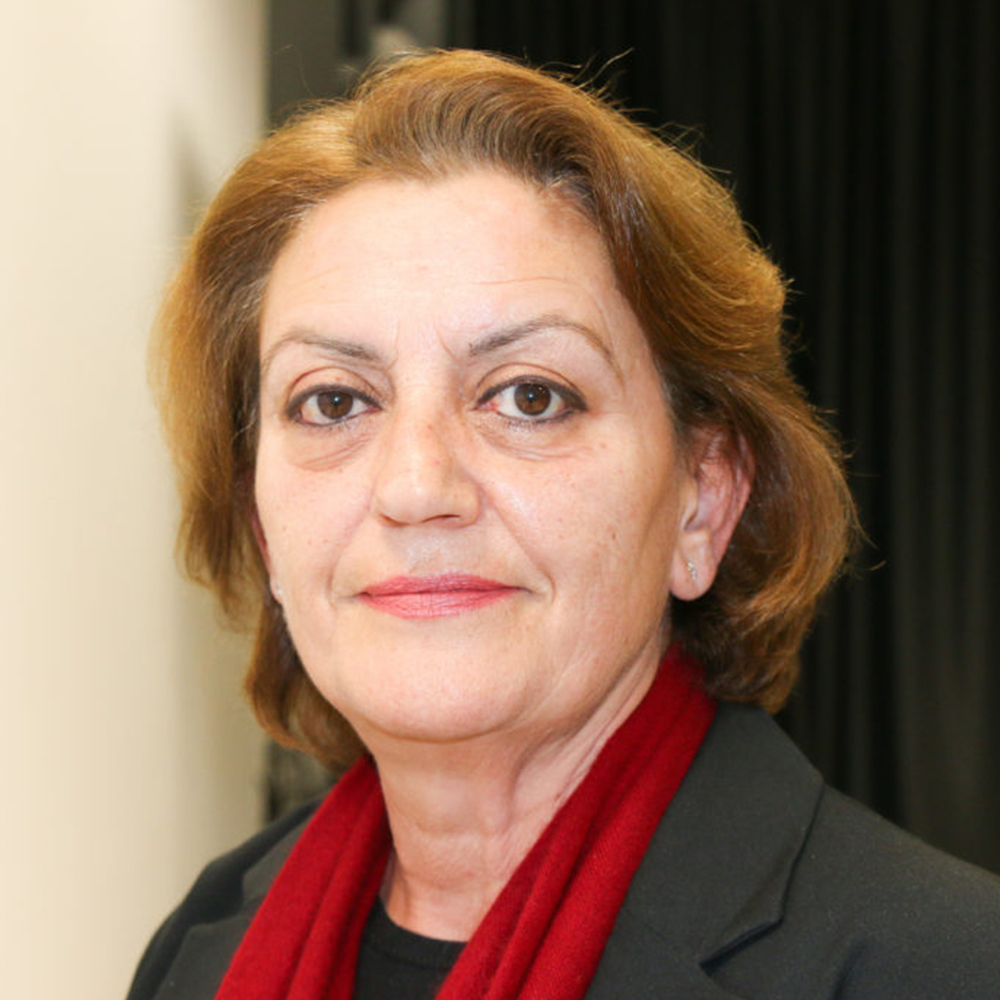Course Description
This course covers various aspects of dementia care including the identification, assessment and diagnosis of dementia, person-centred care, communication, interaction and behaviour in dementia care, pharmacological and non-pharmacological interventions in dementia care as well as quality, diversity and inclusion in dementia care. The overall objectives of this programme are to engage the participant in learning which is relevant to their profession and to further develop a range of skills and techniques, personal skills and attributes necessary for a successful career in working with people suffering from dementia.
Learning Outcomes
By the end of the course programme, students will be able to:
- Policies and strategies on dementia that are designed to create awareness and hence decreases assumptions and stigma towards persons living with dementia and their family.
- The National Dementia Strategic Plan.
- The different types of dementia.
- Signs and symptoms of dementia.
- The impact that different lifestyles might have on dementia.
- The progressive nature of dementia and some of the progressive impairments and difficulties that persons living with dementia might face.
- Identify misinformation, assumptions and stereotypes towards persons living with dementia which may lead to stigma towards them and their family.
- Be aware about the factors in one’s lifestyle that may increase the risk of dementia.
- Identify the signs and symptoms that would indicate the need for further investigation in a person without a diagnosis of dementia.
- Explain the importance of recording possible signs and symptoms in a person.
- Recognise that early diagnosis is important and the likely outcomes if diagnosis and treatment are delayed.
- Evaluate, understand the criteria and the process to be used to gain a diagnosis.
- Explain how a diagnosis of dementia may have an impact on the person and the person’s family and social network including: psychological and emotional practical, financial the impact of using services and social exclusion.
- Have critical abilities to solve problems through case studies.
Target Candidates
This course is intended for individuals who are already working with people suffering from dementia or who may want to further their career in elderly care.
| Course Code | Duration | Credit Value | Next Intake | FT/PT |
|---|---|---|---|---|
| LW/HSC/005 | 6 months | 12 ECTS | September 2024 | PT |
| Contact Hours | Placement Hours | Self Study Hours | Assessment Hours | Total Learning Hours |
|---|---|---|---|---|
| 60 | 25 | 200 | 15 | 300 |
Mode of Training
This Award is delivered through interactive lectures with an emphasis on group activities. Case studies and best practices are discussed throughout the programme
Assessment
Assignment and case study.
Awarding Body
Learning Works
Course Structure
Module 1: Dementia Identification, Assessment and Diagnosis (2 ECTS)
This module provides the learner with knowledge of the ageing brain and the identification of dementia. Learners also cover the different types of dementia, the first signs of this condition and symptoms, the importance of early diagnosis and the impact this condition has on the individual and others in their social network, particularly their immediate family. The focus of this module is also on the risk factors of dementia and prevention, the need for dementia awareness and the National Dementia Strategic Plan.
Module 2: Introduction to Person-Centred Care in Dementia (2 ECTS)
This module addresses the fact that all persons living with dementia are first and foremost human beings, all with a unique identity, unique personalities and life experiences. This module introduces the person-centred model of care whereby the person living with dementia should be the focus in the model of care. Finding individual solutions for a person living with dementia can help them maintain their independence for as long as possible. Promoting independence is key to improving a person’s confidence thus enabling a heightened sense of purpose.
Module 3: Communication, Interaction and Behaviour in Dementia Care
(2 ECTS)
This module discusses best-practices techniques on how to best communicate with persons living with dementia. Both verbal and non-verbal communication will be discussed. Good care and support depend on effective communication and is vital in any health and social care setting. Key skills, knowledge and attitudes required when communicating and interacting with people living with dementia will be addressed. Also discussed will be common challenging behaviours that are exhibited by persons living with dementia. Understanding such behaviour and techniques to distract and/or to avoid such behaviour completely will be addressed.
Module 4: Pharmacological Intervention in Dementia Care (1 ECTS)
While there is no cure for dementia some medications that can slow the progression of some types of dementia for a period of time are available. This unit discusses medical treatments that are used frequently as a means of ‘treating’ what are often called symptoms of dementia such as agitation and aggression. This module discusses also that prescriptions of anti-psychotic medications for such behaviours causes increased risk of stroke, falls and death. However, some people living with dementia do experience periods of acute neuropsychiatric symptoms that may need short term, carefully- monitored drug treatment to alleviate symptoms and distress. This module is intended ONLY as an awareness of the medication that older persons may or might take including the side effects that these medications may create. In no way, participants will be responsible to administer any medication.
Module 5: Non-Pharmacological Interventions (Therapeutic Activities)
(3 ECTS)
Non-pharmacological or psycho-social interventions have a range of benefits for persons living with dementia. This module discusses contemporary strategies to dementia therapies. An array of approaches are introduced to support the quality of life of people living with dementia. These include community-based and individual approaches, based on person-centred care and assistive technology. This module also highlights the importance of the ‘prepared environment’.
Module 6: Principles of Quality, Diversity and Inclusion in Dementia Care
(2 ECTS)
This module is taught by using lecturer-to-student approach and also by hands-on training using different teaching aids. Discussion and critical thinking and evaluation may arise after using such aids and the tutor will at times create the environment for such critical thinking which is rather a modern approach in teaching. Discussions through workshops may create room for peer learning using student to student approach. A portfolio of evidence will also be part of a reflective journal throughout their on the job experience. Participants will have the opportunity of a supervised practice placement within a care home. Candidates must report what activities had been done including the aim and the objective. They must also follow up one to three older persons and describe their behaviour and attitudes during the activities, the type of communication used, person-centred care implementation etc… All this will complement the theory and information discussed in class.
Entry Requirements
Learners need to satisfy the following criteria:
- Ages 18+
- Level 3 Award in Health Care or
- At least a one-year experience as a care worker
- Be able to communicate in either English or Maltese. A proficiency numerical and literacy skills test together with a Police Conduct Certificate may also be required.
Candidates may apply for recognition for prior learning (RPL) for up to 40% of the total credits of the award in accordance to NCFHE recommendations.




